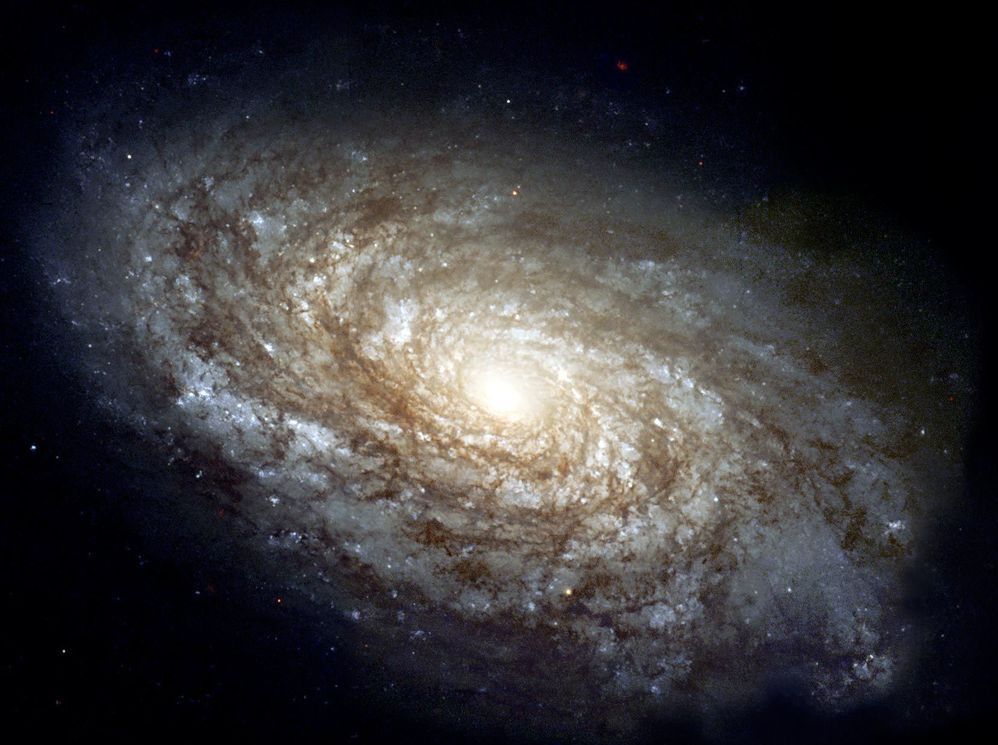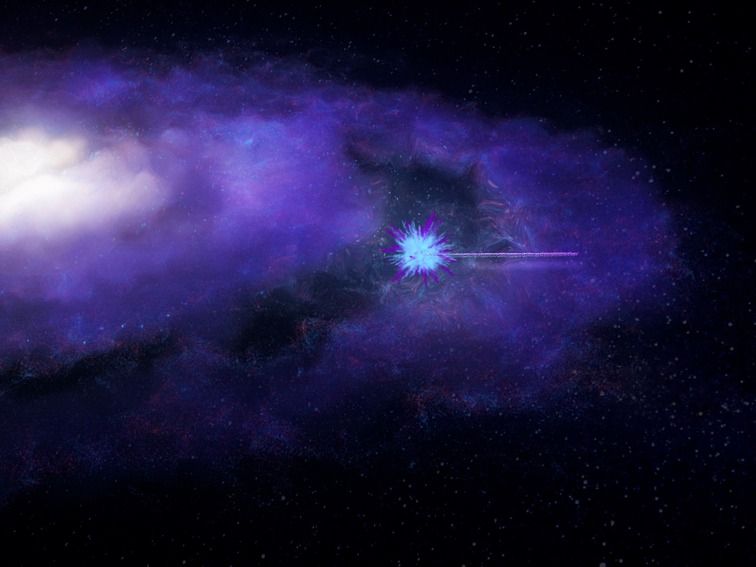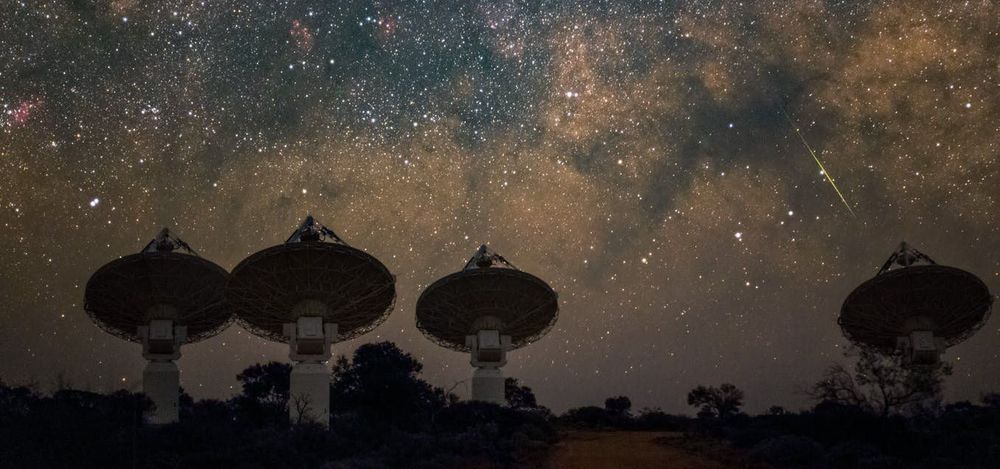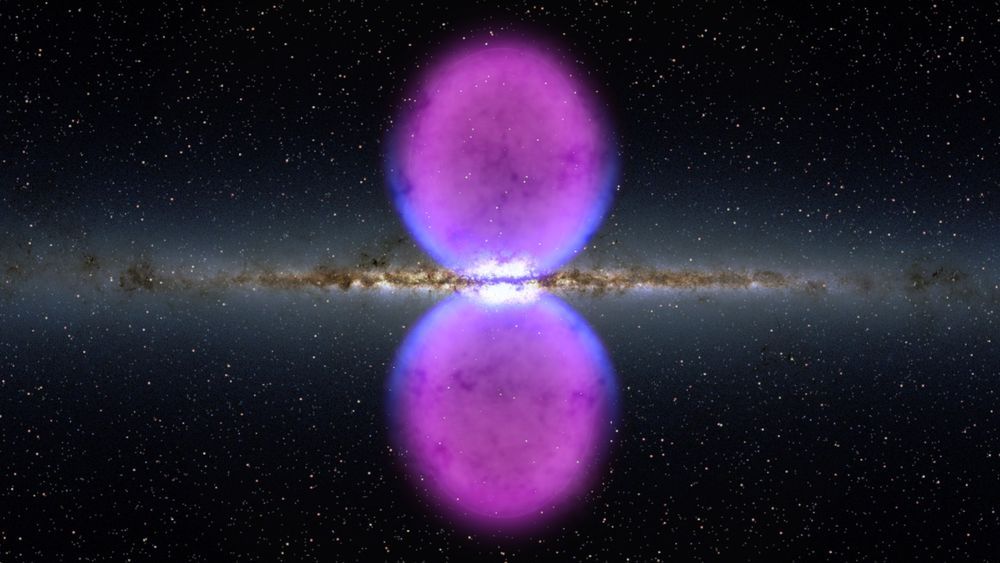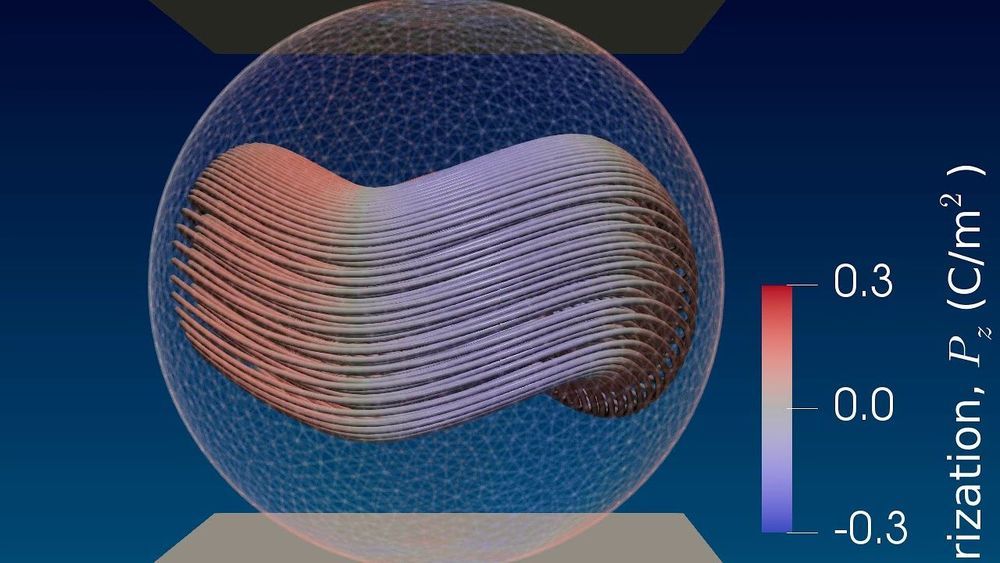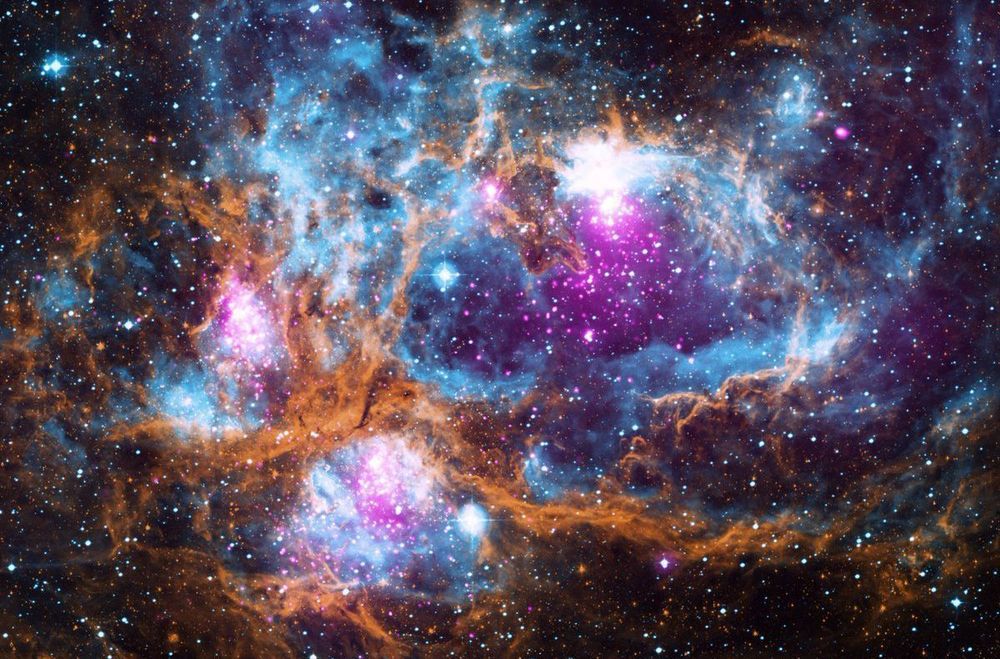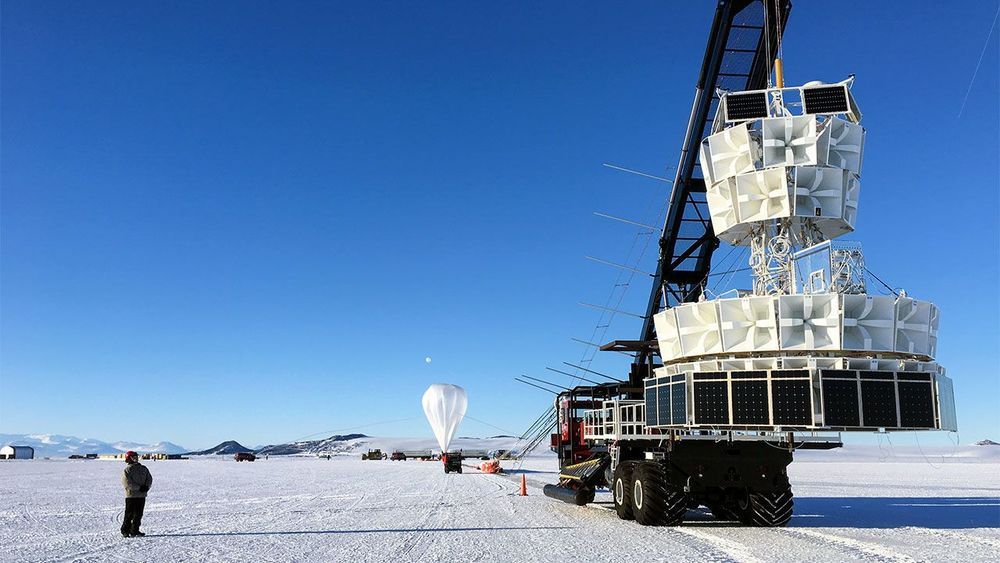May 31, 2020
Discovery of Massive Galaxy Just 1.5 Billion Years After the Big Bang Has Astronomers Questioning Formation Models
Posted by Quinn Sena in category: cosmology
Published recently in Nature, an international team of researchers has observed a massive, rotating disk galaxy just 1.5 billion years after the Big Bang —1.5 billion years earlier in cosmic history than astronomers had expected to find such a galaxy based on previous studies. The research has fueled debate about how galaxies in the early Universe assembled.
The observations were made using one of the most powerful radio telescopes in the world, the Atacama Large Millimeter/submillimeter Array (ALMA), in the Atacama Desert in northern Chile.
“This is an exciting discovery for astronomers because it provides clues as to how large-scale structure began to form in the Universe,” said Dr. Alfred Tiley from the UWA node of the International Centre for Radio Astronomy Research (ICRAR).
